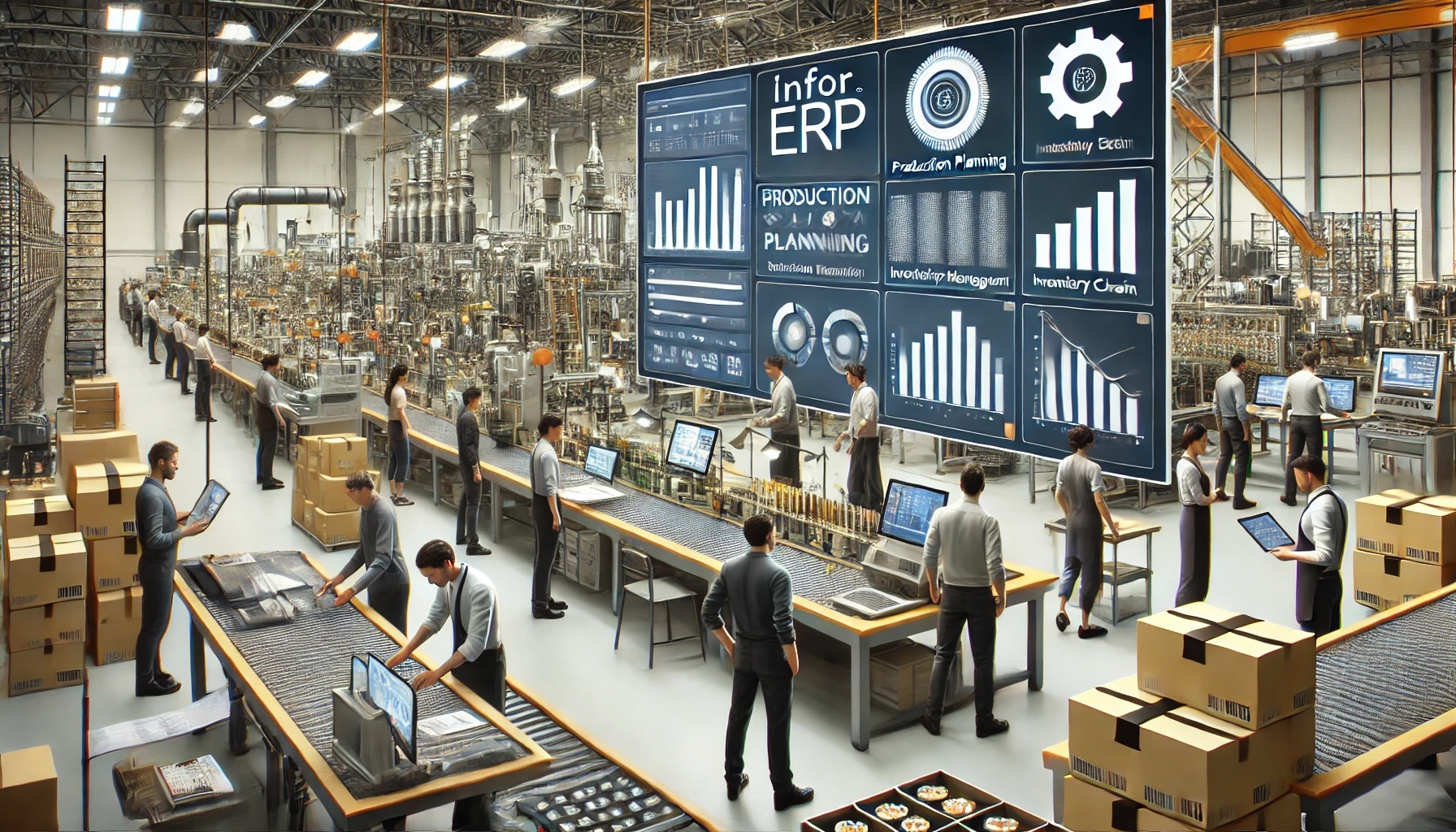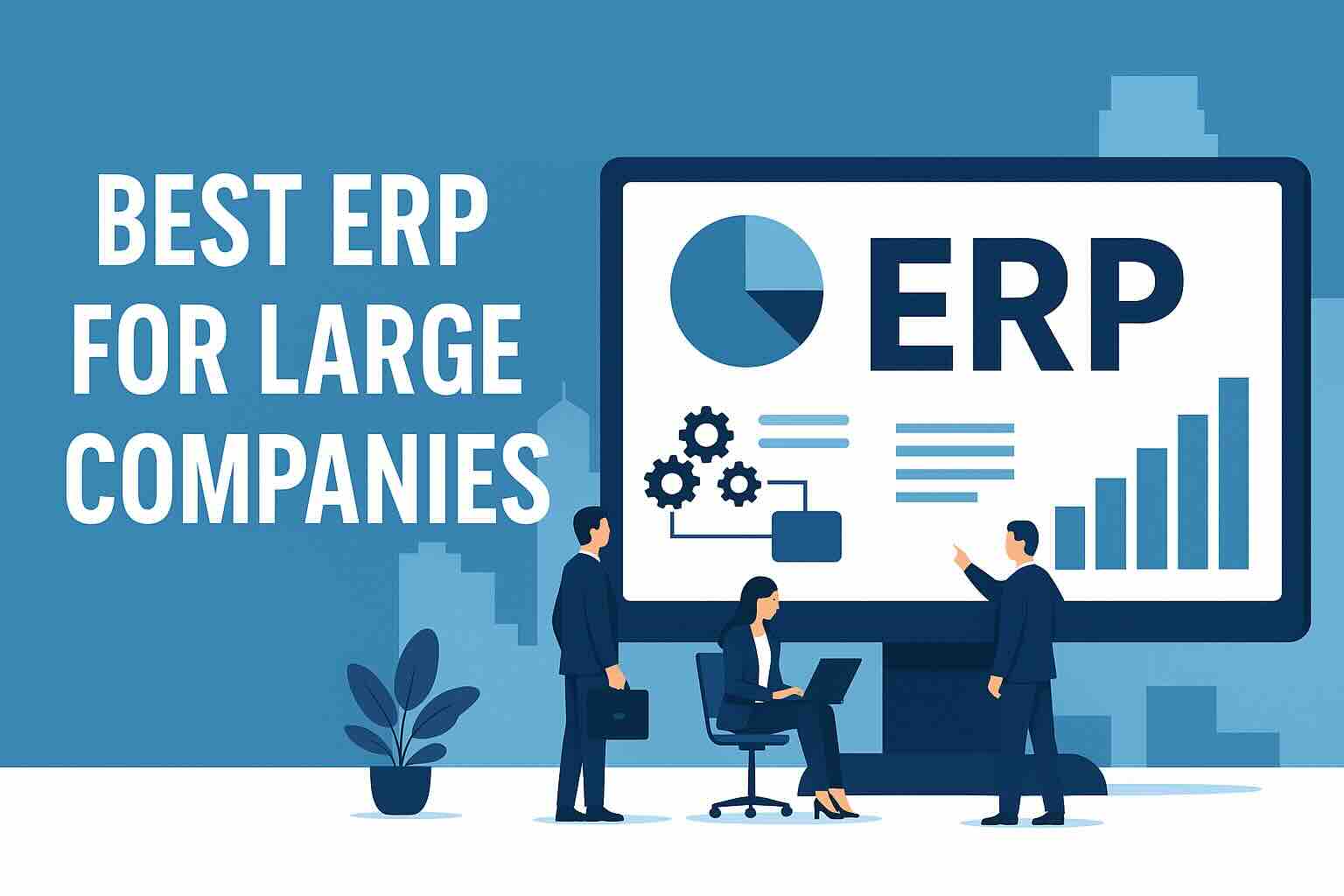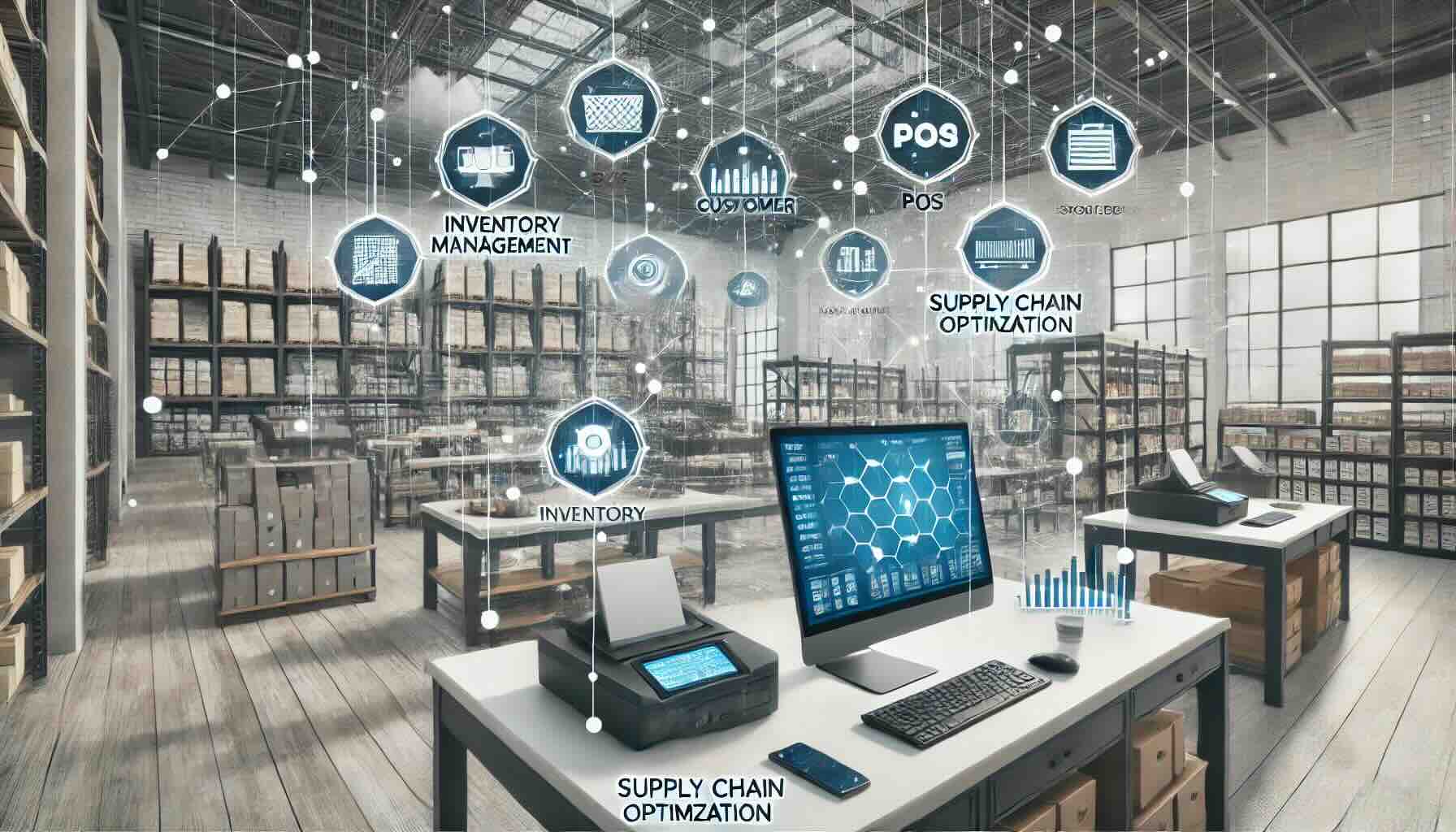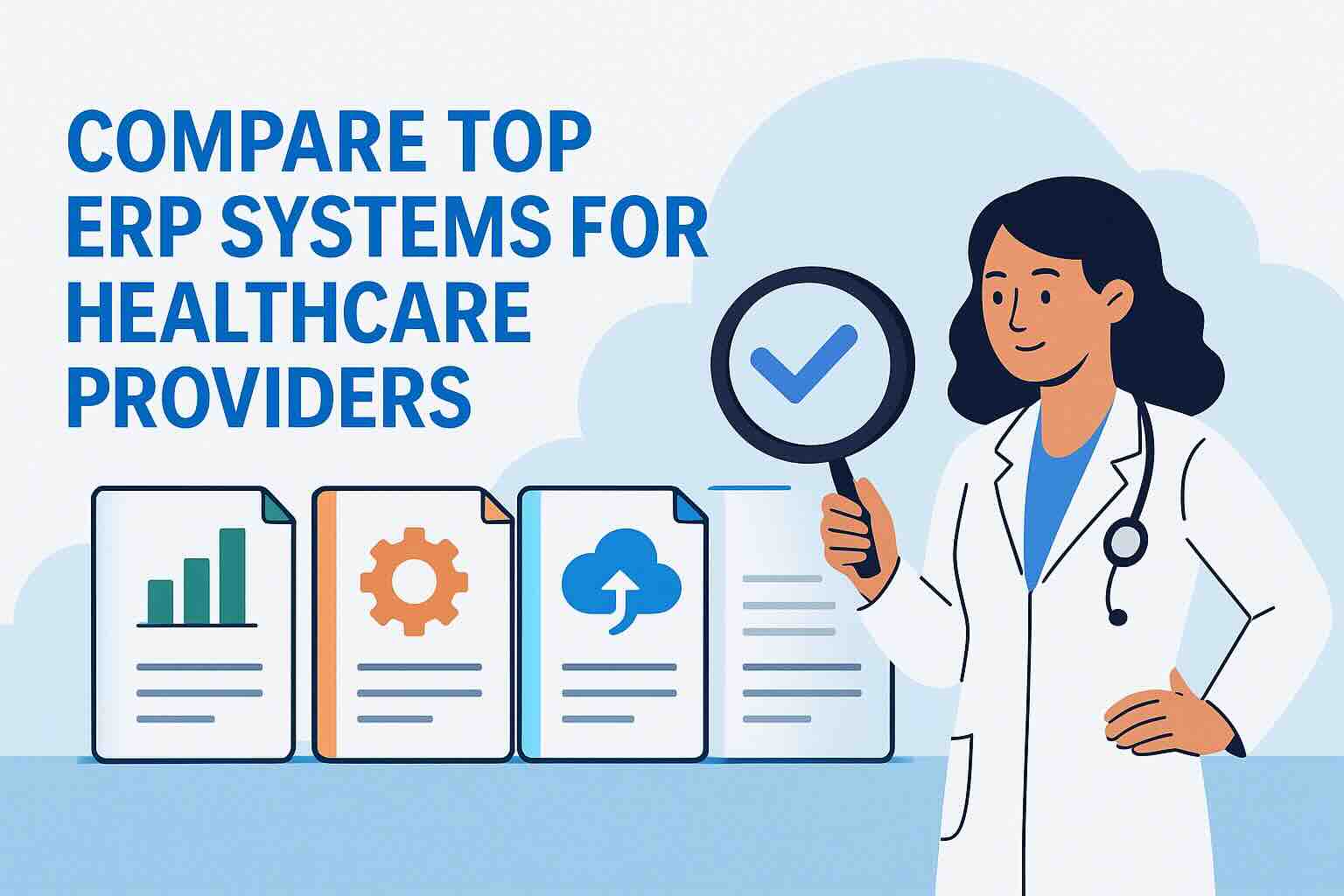Is Infor a Good ERP for Manufacturing Businesses?

In the manufacturing industry, managing production processes, optimizing supply chains, and ensuring product quality are crucial for success. Enterprise Resource Planning (ERP) systems integrate various business processes, enhancing operational efficiency and improving decision-making capabilities. One such ERP solution is Infor. But is Infor a good ERP for manufacturing businesses? This blog will explore the strengths and weaknesses of Infor, helping you determine if it is the right fit for your manufacturing operations.
Strengths of Infor for Manufacturing
- Industry-Specific Solutions Infor offers industry-specific solutions tailored to the manufacturing sector. This includes specialized modules for discrete manufacturing, process manufacturing, and mixed-mode manufacturing. These solutions ensure that all aspects of manufacturing operations are integrated and streamlined, from production planning to inventory management.
- Advanced Supply Chain Management Infor provides robust supply chain management capabilities that are essential for manufacturing businesses. The system offers tools for demand planning, procurement, logistics, and supplier management. These features help manufacturers optimize their supply chains, reduce lead times, and ensure timely delivery of products.
- Real-Time Data and Analytics One of Infor’s standout features is its real-time data and analytics capabilities. The system provides real-time visibility into production processes, inventory levels, and order status. This enables quick decision-making and allows manufacturers to respond promptly to production issues or market changes. Advanced analytics tools also help businesses gain insights into operational performance and identify areas for improvement.
- Scalability and Flexibility Infor is highly scalable and flexible, making it suitable for manufacturing businesses of all sizes, from small workshops to large factories. The system can adapt to the changing needs of manufacturers, supporting growth and expansion without the need for significant additional investment in IT infrastructure.
- User-Friendly Interface Infor’s user-friendly interface makes it accessible to employees at all levels of the organization. The intuitive design reduces the learning curve, allowing staff to quickly adopt and effectively use the system. This ease of use is particularly beneficial in a manufacturing environment where time and efficiency are critical.
Weaknesses of Infor for Manufacturing
- High Implementation Costs One of the primary drawbacks of Infor is its high implementation cost. The initial setup, customization, and integration fees can be significant, which may be a barrier for smaller manufacturing businesses with limited budgets. Ongoing maintenance and support costs can also add up over time.
- Complex Implementation Process Implementing Infor can be complex and time-consuming, particularly for larger manufacturing organizations with extensive existing systems. The transition to a new ERP system requires careful planning, significant resources, and potentially, the assistance of external consultants. This complexity can delay the realization of benefits and increase implementation costs.
- Customization Challenges Customizing Infor to meet specific manufacturing needs can be challenging. While the system is highly functional, extensive customization may require additional development work, which can be costly and time-consuming. Manufacturers with unique or complex requirements might find it difficult to tailor the system to their exact specifications.
- Learning Curve Due to its comprehensive features and capabilities, Infor has a steep learning curve. Extensive user training is necessary to ensure that employees can utilize the system effectively. This training can be time-consuming and may require additional resources, which can be challenging for smaller organizations.
How Infor Can Benefit Manufacturing Businesses
Despite some limitations, Infor offers several features that can significantly benefit manufacturing businesses. The system’s industry-specific solutions ensure that all aspects of manufacturing operations are integrated and streamlined. Advanced supply chain management capabilities help optimize logistics and reduce lead times, ensuring timely delivery of products. Real-time data and analytics provide valuable insights, enhancing decision-making and operational efficiency. The scalability and flexibility of Infor make it suitable for manufacturing businesses of all sizes. Additionally, the user-friendly interface makes it easy for staff to adopt and use the system, enhancing productivity.
Conclusion
Infor ERP offers a range of powerful tools that can significantly benefit manufacturing businesses. Its strengths in industry-specific solutions, advanced supply chain management, real-time data and analytics, scalability and flexibility, and user-friendly interface make it an attractive option for many companies in this sector. However, the system also presents challenges, such as high implementation costs, a complex implementation process, customization challenges, and a steep learning curve. Manufacturing businesses must weigh these factors carefully against their specific needs and resources.
Ultimately, whether Infor is the right choice for a manufacturing business depends on its size, budget, and operational requirements. By thoroughly evaluating these aspects and considering potential challenges, manufacturing businesses can make an informed decision that aligns with their strategic goals and enhances their operational efficiency.
To compare Infor with 100s of other ERP solutions, you can use our new AI-powered Compare ERP tool. It’s free to use and you get a guaranteed discount on your first year’s licence fees with a referral from Compare ERP.









